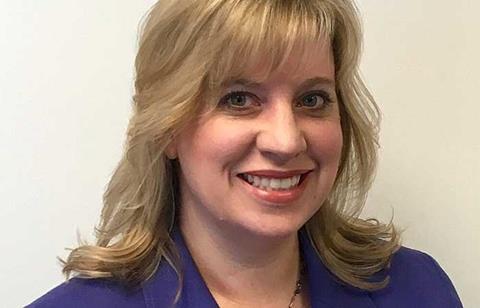
Covid-19 is disrupting economies and affecting household incomes and mental health alike. With these conditions in mind employers are taking necessary measures to maintain existing talent and ensure both employer and employee can endure. Changing household circumstances have resulted in financial, legal, and dependent care issues, as well as taking a toll on mental and physical health.
As a result, some voluntary benefits are being utilised like never before. While this has not necessarily resulted in many new voluntary benefits products, HR managers worldwide are discussing those existing in light of the pandemic, and many benefits have received increased interest from employees and employers, such as paid sick leave, disability, critical illness cover, legal assistance, financial assistance, and even pet insurance.
Employers have not shied away from supplying voluntary benefits. Instead, they have faced the situation head on, increasingly utilising existing options and researching information regarding formerly underappreciated benefits that can best aid employees today. For example, many employers are offering employee assistance programmes (EAPs) and childcare subsidies, while renewing relationships with current providers and reminding staff that those benefits exist.
Employees are also increasing their use of traditionally underutilised benefits as they determine what assistance they need to navigate the workplace during Covid-19 There has been an increase in the use of dependent care assistance and relocation assistance has become popular as many people move back to their home towns or countries to be near friends and loved ones, especially as employers permit remote work with more frequency and ease of administration.
Voluntary benefits have helped the workforce manage the changing workplace. While the pandemic continues to be an ongoing threat to individuals' long-term health and financial wellbeing, employers should engage employees in benefits decision making as much as possible. The decisions employees make are more critical than ever.
Amber Clayton is knowledge centre director at Society for Human Resource Management (SHRM)











